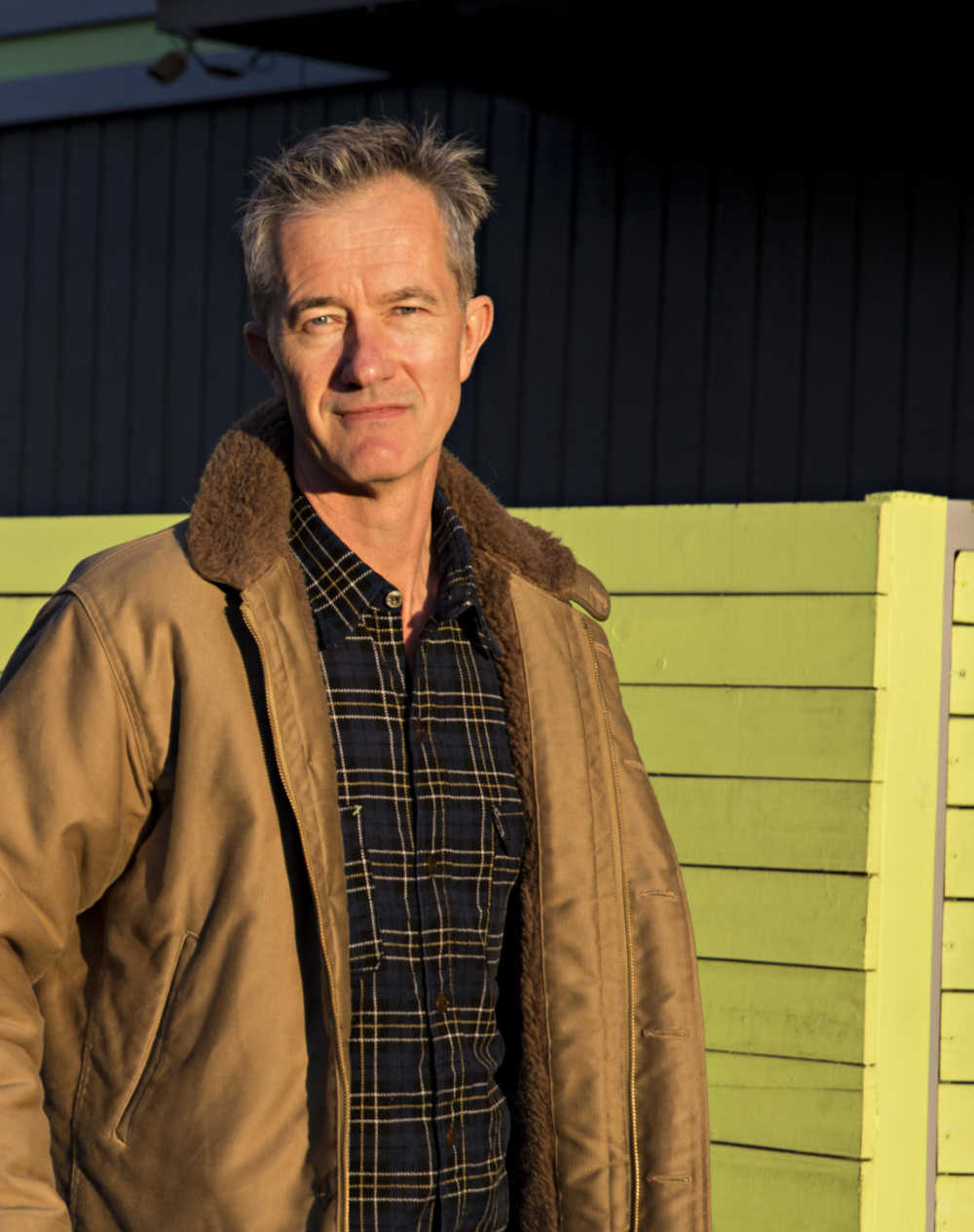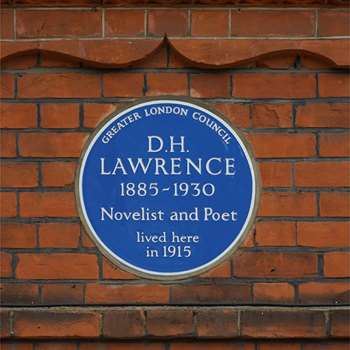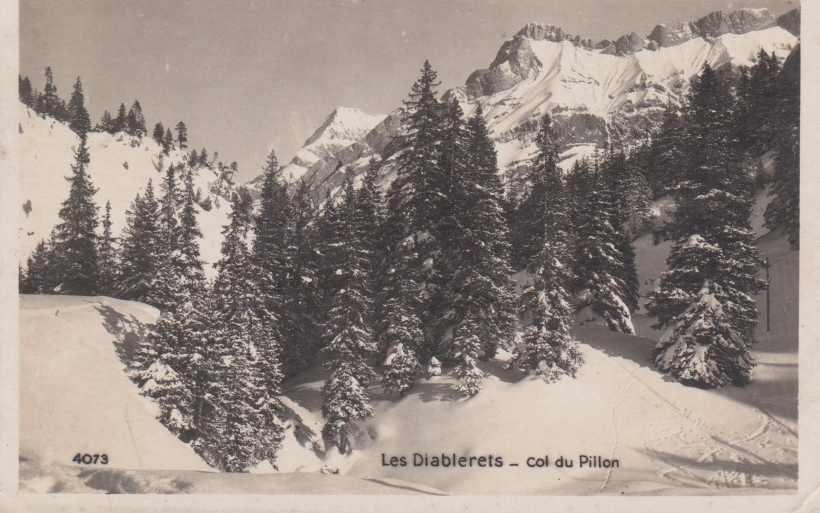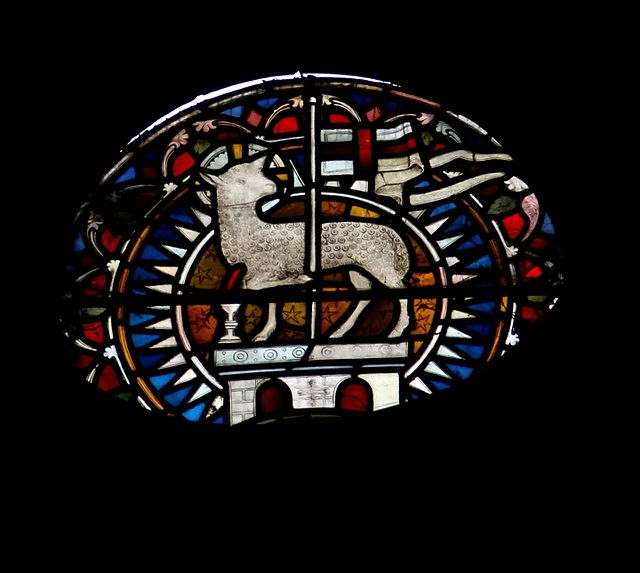The following is a pre-edited version of a review which was published in Prospect magazine, March 15th, 2019.
Life with a Capital L: essays chosen and introduced by Geoff Dyer
Penguin, 2019, £9.99, 492 pp.
Dr. Catherine Brown, Head of English, New College of the Humanities
It was with joy that I saw that Geoff Dyer has made a selection of Lawrence’s essays for Penguin. I first encountered Dyer through his 1997 contrarian, genre-busting autobiography of his failure to write a biography of Lawrence, Out of Sheer Rage. Then in 2013 I made a Culture Show Special with him for the centenary of Lawrence and Frieda’s honeymoon crossing of the Alps, when – during the course of a week being driven between freezing Alpine locations and finally down into lemony Italy – I experienced first-hand his wittily-heterodox take on the man who united us in our pilgrimage.
I was delighted for Dyer, but even more so for Lawrence. It is high time that his non-fiction had another airing. Since the Leavisite-moralist Lawrence of the 1950s was replaced by the pro-porn Priest of Love of the 1960s, who was in turn displaced by the misogynist-proto-fascist Lawrence of the crudest versions of Second Wave feminism, the best of Lawrence has been lost to view, leaving in popular consciousness a novel that lends its name to lingerie ranges, and a film in which Oliver Reed and Alan Bates wrestle naked. This volume is a much-needed corrective to all of the above versions of him, and I would as readily recommend it as a single first book to read of Lawrence’s as any other.
The introductory essay is what readers familiar with Dyer will expect. He argues that Lawrence is at his strongest in his short forms, which frequently trouble the boundaries between fiction, autobiography and criticism – rather than those ‘strenuous’ novels, on which Lawrence himself placed such hope and metaphysical burdens. In Lawrence at his best, ‘Sensations flicker and blaze into ideas that are presented as though they are data from some instrument calibrated to a pitch of receptivity so extreme as to be abnormal or even pathological’ – a phenomenon frequently displayed in the volume.
Dyer’s decision to arrange the essays chronologically works well, precisely because they are digressive and therefore difficult to categorise. Yet little emerges by way of a linear narrative between 1912 and 1930; the ideas, like the locations, recur. The range of the essays is vast: a meditation on Alpine crucifixes; how spring asserts itself even whilst one mourns for the winter; how Indians dance in New Mexico; surgery for the novel – or a bomb; why Lawrence doesn’t like living in London; why, if men are to give women the pattern by which to live, it should at least be a decent one; and why Dostoevsky’s Ivan Karamazov’s Grand Inquisitor was in the right after all.
Dyer is nothing if not sceptical of academia. The volume contains scarcely any footnotes, and only a few endnotes giving the publication date and place of each essay. This is in striking contrast to the scholarly Cambridge University Press Complete Works(significantly not used as the source-text), in which precisely this most-important information is lost to view in timelines and qualifications, and each page of text has unLawrencian line numbers down the side. The lack of footnotes extends to not translating the German quotations in the ‘Review of Death in Veniceby Thomas Mann’, though it notably fails to extend to Dyer’s own introduction, to which he somewhat cheekily appends nearly thirty footnotes.
The selection is less obviously Dyer-esque (he coins the term ‘Lawrence-ese’) than one might expect. It includes lengthy extracts from the highly-metaphysical Study of Thomas Hardy, and the ‘Introduction’ to ‘The Grand Inquisitor’ is as intellectually-dense and politically-questionable as anything Lawrence ever wrote. Dyer states that he avoids essays which appear in easily-available volumes, such as Twilight in Italy, Mornings in Mexico and Studies in Classic American Literature. Yet are these really better-known, or easier to find, than Study of Thomas Hardy? I rather wish that he had included these volumes in his selection (the Fennimore Cooper essay would have given context to Lawrence’s oft-quoted assertion: ‘The essential American soul is hard, isolate, stoic, and a killer’). Here is matter for a second ‘selection’, perhaps…
Dyer repeatedly asserts Lawrence’s contemporaneity: his ‘writing floats free from the period of its composition, from the anxiously shared prerogatives of the age, in a way that rarely happens with the modernists who were his contemporaries.’ This is particularly true of Lawrence’s religious perceptions, and for this reason it is a shame that only one essay ostensibly on religion (‘The Risen Lord’, 1929) is included. In essays such as ‘On Being Religious’, Lawrence sets out an attitude which will resonate with many who can believe neither in a materialist universe, nor in the dogma of any given religion. ‘When a man says There is a God, or There is no God, or I don’t know whether there’s a God or not, he is merely using a little word like a toy pistol, to announce that he has taken an attitude.’ Regarding Christ: ‘There have been other saviours, in other lands, at other times, with other messages. And all of them Sons of God.’ Yet ‘For the moment, we are lost. Let us admit it. None of us knows the way to God. The Lord of time and space has passed over our horizon, and here we sit in our mundane creation, rather flabbergasted.’ The best we can do is ‘listen to the dark hound of Heaven, and start off into the dark of the unknown, in search.’ Lawrence’s writings, throughout his career, describe that search.
For all its exclusions, this volume amply evidences poet Tony Hoagland’s description of Lawrence as a ‘man who burned like an acetylene torch/ from one end to the other of his life’. It is a tribute to the man who could write: ‘For as we have candles to light the darkness of night, so the cypresses are candles to keep the darkness aflame in the full sunshine.’ Despite Dyer’s distancing of himself from Lawrence at his most earnest, the title and selection indeed honour ‘Life with a Capital L’. As Lawrence says at the end of his Apocalypse: ‘For man, the vast marvel is to be alive… Whatever the unborn and the dead may know, they cannot know the beauty, the marvel of being alive in the flesh. The dead may look after the afterwards. But the magnificent here and now of life in the flesh is ours, and ours alone and ours only for a time.’




